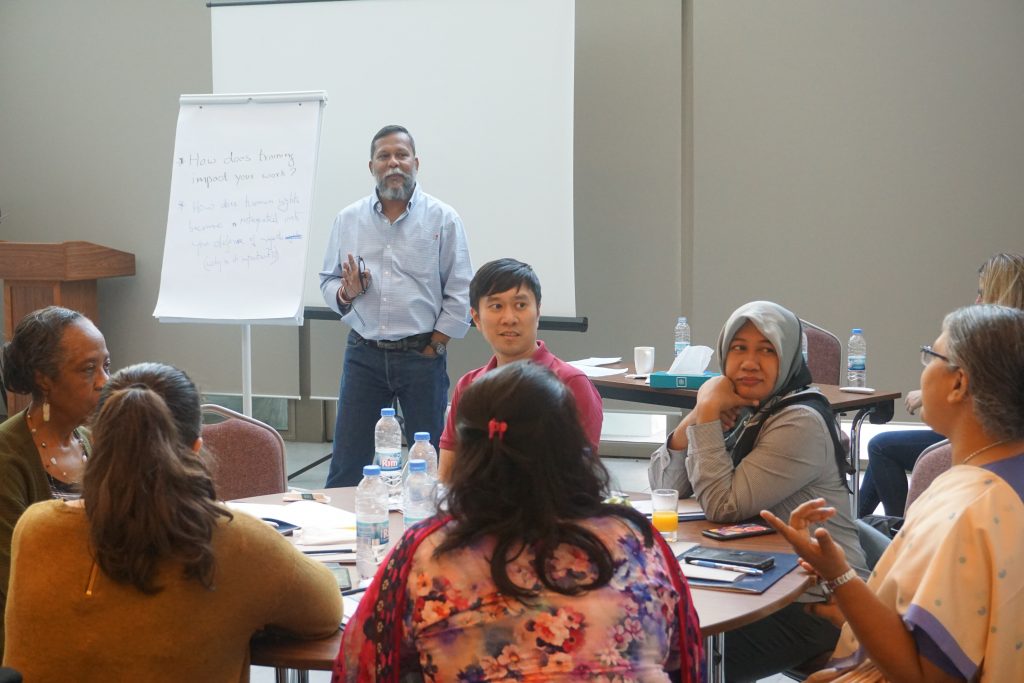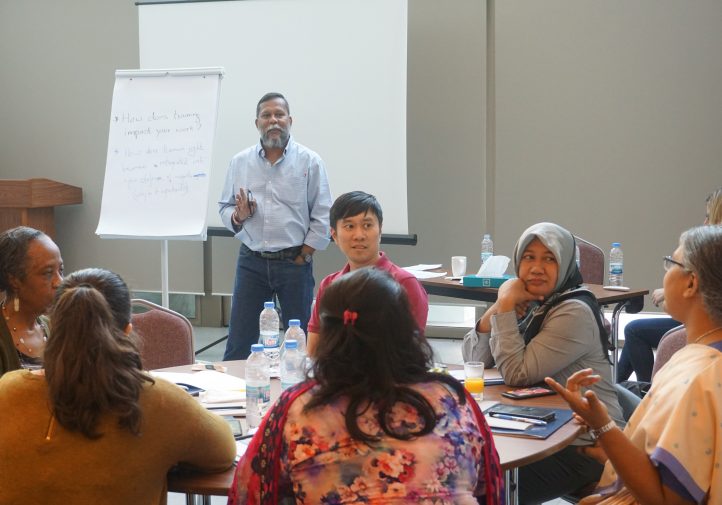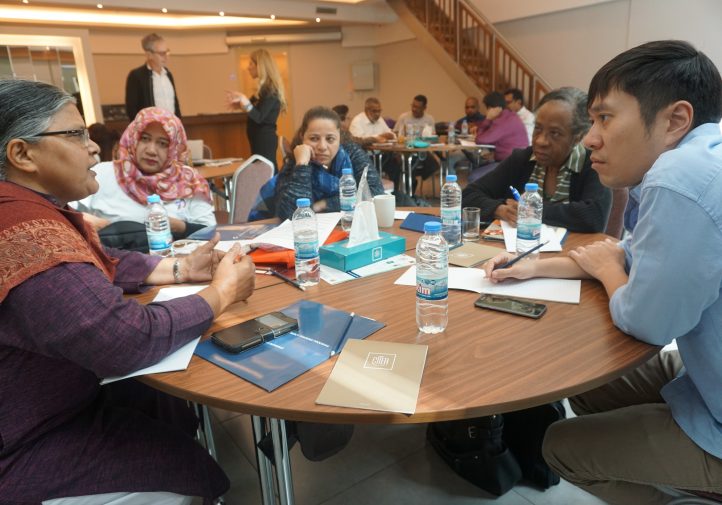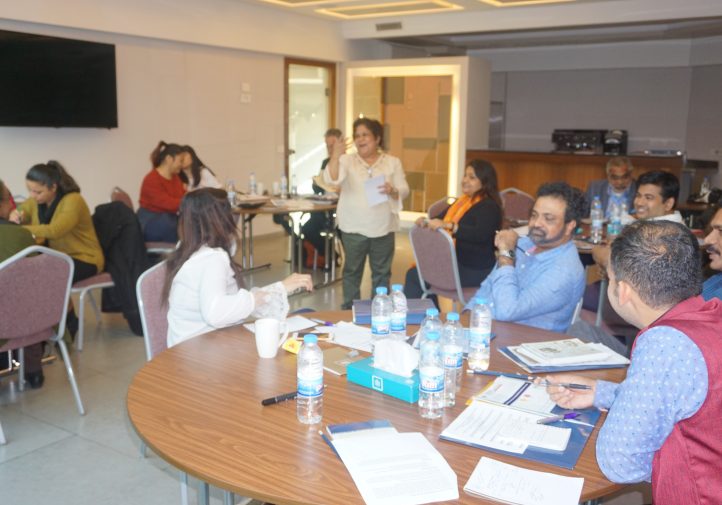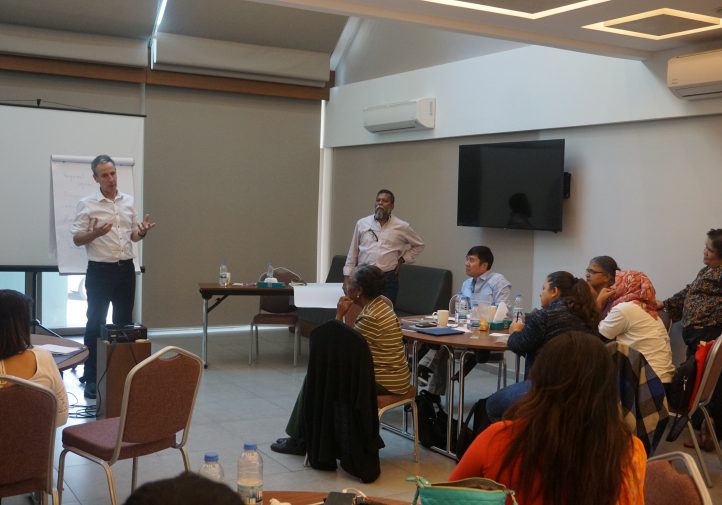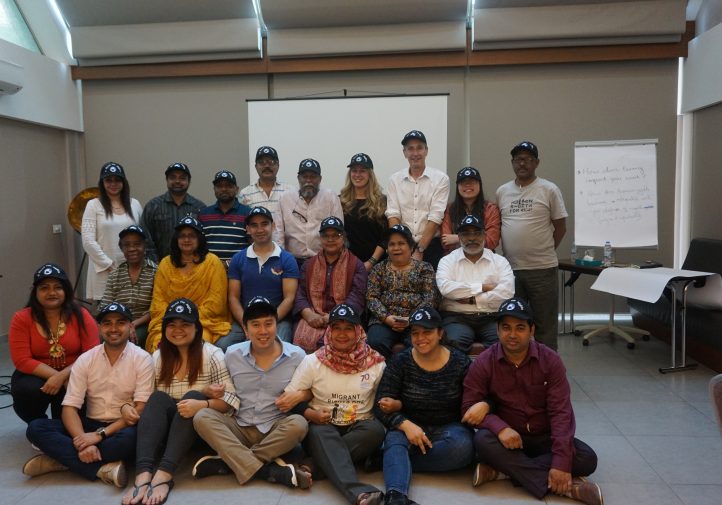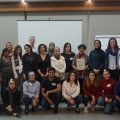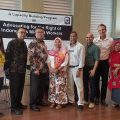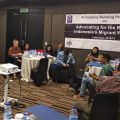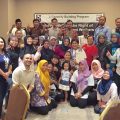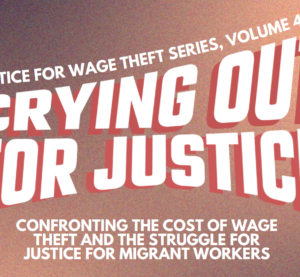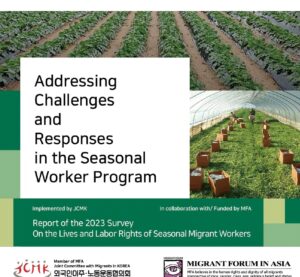Reflection and Evaluation Workshop On Capacity Building Programs on Migrant Workers’ Right
— May 2, 2019Over the last 20 years, as the numbers of individuals migrating for work from and within Asia and the Middle-East has grown, the voices of migrant workers and their organisations have increasingly highlighted exploitation and vulnerability to harms. In 2004, Migrant Forum Asia (MFA) began a partnership with the Diplomacy Training Program (DTP) to build the knowledge and skills of these advocates, to build their networks and wider understanding of the abuses experienced by migrant workers as a key human rights priority. Since 2004, DTP and MFA have facilitated 28 capacity building courses, involving over 650 individuals, from over 20 countries.
From April 7-8, 2019 MFA and DTP brought together 18 individuals involved in these courses and MFA’s network, to help MFA and DTP to review these programs and to set future directions for capacity building work. The participants came from across Asia and some from Middle East.
The workshop was divided into plenary sessions and working groups. Participants were asked to reflect both on the outcomes of the DTP/MFA collaboration – and also the priorities going forward in the context of an increasing number of people on the move – in search of work, in search of asylum and safety, because of climate change.
There was a valuable discussion on the value international human rights standards and human rights mechanisms and the ways that these have been used to promote and protect the rights of migrant workers – and their failure to do so more comprehensively.
The participants, many of them involved in building domestic movements to promote and protect the rights of migrant workers, highlighted the importance of key human rights and labour standards – and concerns that the recently adopted Global Compact on Safe Migration could be used to undermine commitment to these standards through a focus on program delivery.
MFA and the program participants emphasised the way that the different regional and national level courses facilitated by DTP have provided a strong foundation for movement building in Asia. It was highlighted that there was no other comprehensive training program in Asia/Middle East on human rights standards/the labour and human rights of migrant workers. Many participants reflected on
what the program had meant for them – including building national networks, more strategic advocacy, more effective engagement with governments and recruitment agencies/business, the building of their personal networks of support, including enabling collaboration on cases along migration corridors, and the value of the courses in inspiring and motivating them in their own work.
There was a strong emphasis on the need to continue to build the capacity of advocates going forward and participants discussed the priorities for capacity building, including the potential targets as well content for trainings.
Priorities identified in these discussions included:
- Bridging the gap between migrant workers’ rights and human rights –to enhance the effectiveness of civil society representatives working to promote and protect human rights in general at a time when these are seen to be at risk and civil society space is being limited by many governments;
- Coalition/alliance building – a focus on how to build alliances and coalitions, the skills and approaches needed and specific programs to build collaboration on common campaigns e. g. on corporations/supply chains, etc.
- A second-level/deeper training on how to engage more effectively and strategically with the UN human rights system e.g. Treaty Body Reporting/Submitting Cases to UN Special Procedures
- Wider focus of the trainings – drivers of migration, MWs contribution to development, trafficking, gender, sustainable development goals, links between regional consultative processes/global processes – eg SDGs, GCM, etc
- Explore developing train-the-trainer modules/approaches to better systemise the involvement of alumni in capacity building at national and regional levels including through DTP/MFA trainings
- Develop engagement platforms (at sub-regional and regional level) for alumni to share knowledge and experience
- The need for case studies to be developed – to educate and to inspire
- Build and strengthen national level alumni associations – to include alumni not just from MWs programs but more broadly – ideally to strengthen national level human rights networks, involving migrant worker advocates
There was discussion of the changing contexts for migration globally and what this might mean for the work of organisations focussed on the rights of migrant workers. Asian NGO advocacy for the rights of migrant workers is seen at the global level as perhaps the most cohesive, organised and strategic. MFA sees the DTP capacity building programs as having played a critical role in this.
MFA has secured representation for civil society, for the voices of migrant workers themselves, at all key global and regional forums. It sees the challenge now as ensuring that these voices, informed by knowledge of human rights, can be effective in promoting human rights-based approaches to migration.
Some of these ideas will be explored further by MFA and DTP, as we continue to review this partnership and the priorities moving forward. DTP and MFA would likely to acknowledge with appreciation their hosts for this program – the Cross Regional Center for Refugees and Migrants (CCRM) and Insan Association (Lebanon)
For more information please contact William Gois of the MFA Secretariat at: mfa@mfasia.org
Please find some photos from the program below

